The optical properties of mitochondrial bundles in the retina may improve how efficiently the eye captures light.


The goal of this virtual workshop is to discuss whether microbial pathogens may represent a causal component of Alzheimer’s disease, review knowledge gaps, and establish scientific priorities to address these gaps. The workshop discussed gaps in current knowledge and explored new opportunities for research in the areas intersecting infectious organisms and Alzheimer’s disease.
All comments must conform to NIA’s comments policy: https://go.usa.gov/xtqAQ

Using electrical simulation to address damaged nerves is en established way to treat pain or speed up healing in the event of an injury. This type of therapy is usually delivered via invasive procedures where electrodes are implanted to administer the electrical stimulation, but scientists are making promising advances towards alternative approaches.
Recent examples include softer electrodes instead of the stiff ones used today, dissolvable implants that offer two weeks of ongoing stimulation, and belt-like devices that wrap around bladders to restore organ function. Adding another to the pool is a team from Austria’s Graz University of Technology, the University of Zagreb and CEITEC in the Czech Republic, whose solution starts with light-sensitive color pigments.
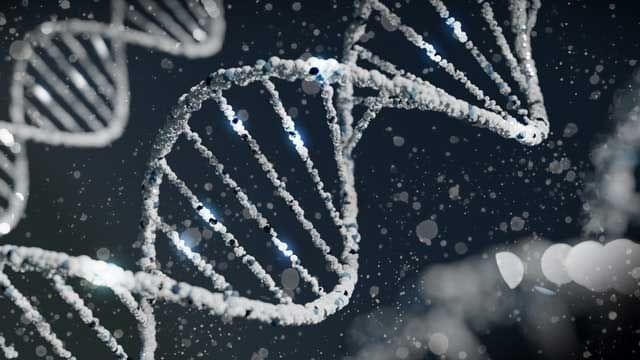
Results from early-stage clinical trials show two drugs that target the DNA damage response (DDR) pathway in cancers — ATR inhibitor elimusertib and PARP inhibitor AZD5305 — are safe and clinically beneficial in treating patients with advanced solid tumors. Principal investigator Timothy Yap, M.B.B.S., Ph.D., associate professor of Investigational Cancer Therapeutics, today presented new data from the trials at the American Association for Cancer Research (AACR) Annual Meeting 2022.
“DDR orchestrates a complex network of mechanisms that detects and repairs damage to DNA, such as double strand breaks and replication stress,” Yap explained. “However, when DDR defects occur, it promotes uncontrolled cancer cell growth and enables cells to evade apoptosis. The studies suggest that PARP1-selective and ATR inhibitors, which block two key mediators of the DDR signaling pathway, are a promising class of new drugs that offer significant therapeutic potential for patients with cancers harboring synthetic lethal genomic alterations in DDR pathways.”
Expansion trial of ATR inhibitor shows encouraging clinical activity against DDR defects (Abstract CT006)
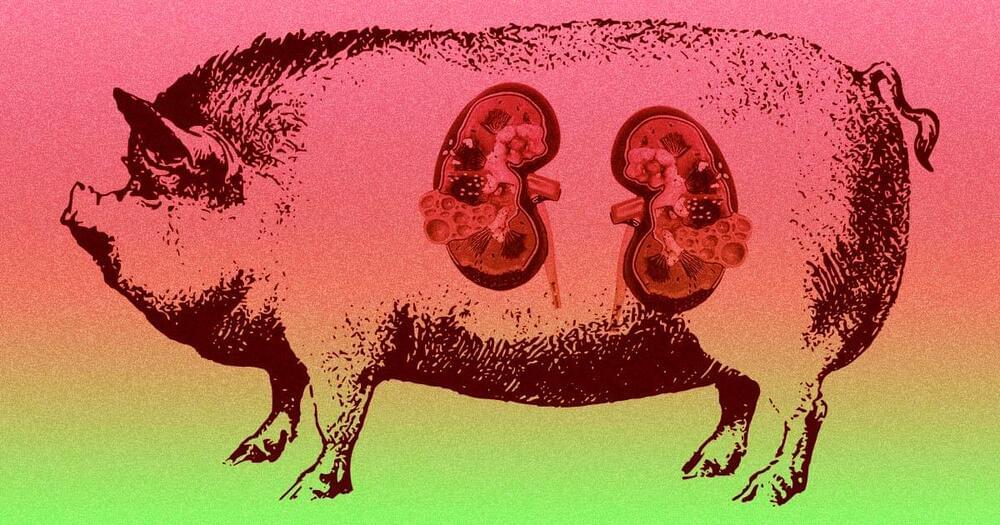
For the first time ever, doctors have successfully transplanted a kidney from a pig to a human — and, they say, the organ functioned normally.
The procedure occurred between a genetically-altered pig and a brain dead human patient at NYU Langone Health, according to The New York Times. The pig was genetically engineered to grow a kidney that would be accepted by a human body. The organ was then attached to the patient’s blood vessels in the upper leg, outside of the abdomen, where the researchers observed it functioning normally.
“It was better than I think we even expected,” Dr. Robert Montgomery, director of the NYU Langone Transplant Institute, told the NYT. Montgomery helped perform the procedure in September and told the paper that it “looked like any transplant I’ve ever done from a living donor. A lot of kidneys from deceased people don’t work right away, and take days or weeks to start. This worked immediately.”
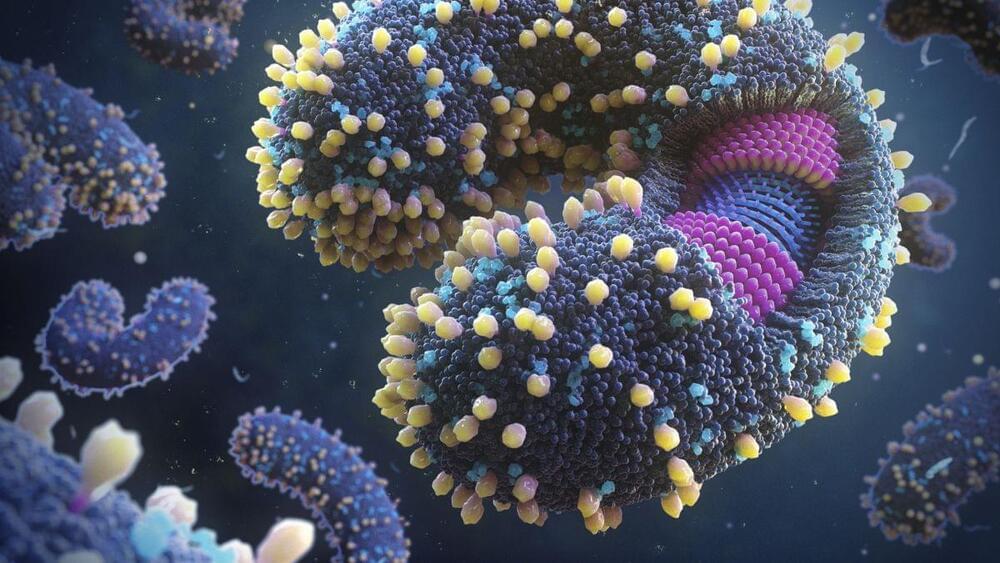
More than 5,000 new virus species have been identified in the world’s oceans, according to a new study.
The study researchers analyzed tens of thousands of water samples from around the globe, hunting for RNA viruses, or viruses that use RNA as their genetic material. The novel coronavirus, for instance, is a type of RNA virus. These viruses are understudied compared with DNA viruses, which use DNA as their genetic material, the authors said.
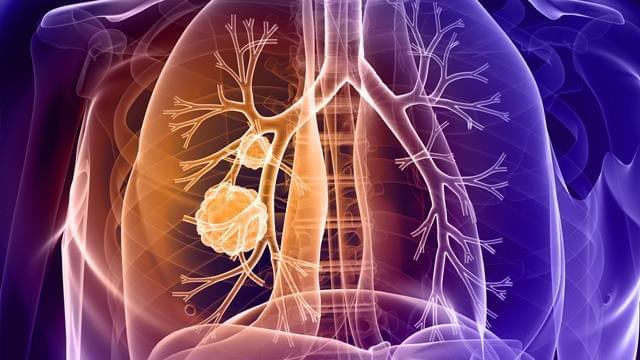
A variant of the CTLA-4 gene associated with autoimmune disease was found to be more frequent in non-small cell lung cancer (NSCLC) patients who experienced an exceptionally high response to anti-PD-1 immunotherapy and higher immune-related side effects than in a comparable cohort of lung cancer patients and healthy individuals, according to data presented during the AACR Annual Meeting 2022, held April 8–13.
“Inhibitors of the immune checkpoint proteins PD-1/PD-L1 have transformed the cancer treatment landscape. However, there remains large variability in response and unpredictable adverse events, including autoimmune reactions, in NSCLC patients who undergo this treatment,” said presenter India Allen, BSc, from the Garvan Institute of Medical Research, St Vincent’s Medical School, UNSW, Australia. “There are currently limited biomarkers to effectively predict this variability, and the extent to which a patient’s genetic makeup contributes to response is not well understood.”
The occurrence of immune-related adverse events (irAEs)—the side effects that arise in response to activation of the immune system by immunotherapy—is known to correlate with higher response to anti-PD-1 therapy and improved outcomes in NSCLC patients.
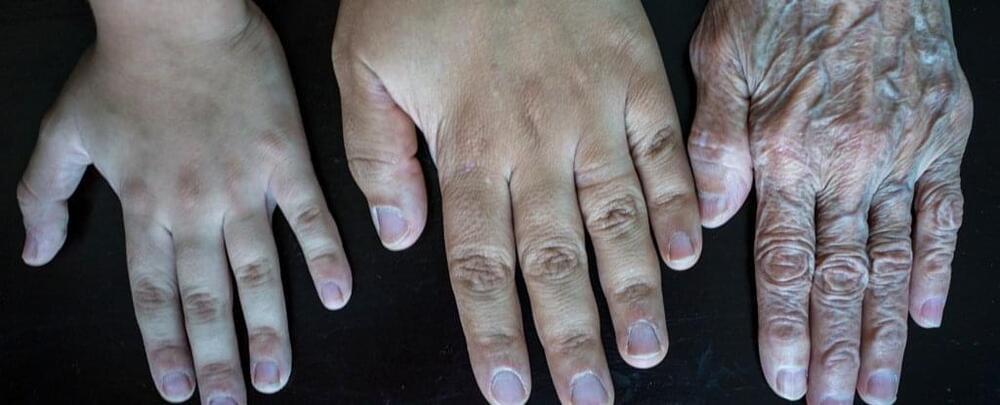
It’s not quite the mythical fountain of youth but it is, perhaps, a start: Scientists have managed to engineer human skin cells to reverse 30 years of aging, resetting them to a much more youthful state in terms of certain molecular measurements.
While it’s very early days for the research – so we shouldn’t get carried away too quickly – the technique could play a major part in efforts to produce rejuvenative medicine that’s able to undo some of the damaging consequences of our bodies getting older.
What makes the research particularly notable is that the skin cells were reprogrammed to be biologically younger while still keeping some of the functionality that made them skin cells in the first place.
The Neuro-Network.
𝐒𝐭𝐮𝐝𝐲 𝐦𝐚𝐩𝐬 𝐩𝐬𝐲𝐜𝐡𝐞𝐝𝐞𝐥𝐢𝐜-𝐢𝐧𝐝𝐮𝐜𝐞𝐝 𝐜𝐡𝐚𝐧𝐠𝐞𝐬 𝐢𝐧 𝐜𝐨𝐧𝐬𝐜𝐢𝐨𝐮𝐬𝐧𝐞𝐬𝐬 𝐭𝐨 𝐬𝐩𝐞𝐜𝐢𝐟𝐢𝐜 𝐫𝐞𝐠𝐢𝐨𝐧𝐬 𝐨𝐟 𝐭𝐡𝐞 𝐛𝐫𝐚𝐢𝐧
𝙁𝙤𝙧 𝙩𝙝𝙚 𝙥𝙖𝙨𝙩 𝙨𝙚𝙫𝙚𝙧𝙖𝙡 𝙙𝙚𝙘𝙖𝙙𝙚𝙨, 𝙥𝙨𝙮𝙘𝙝𝙚𝙙𝙚𝙡𝙞𝙘𝙨 𝙝𝙖𝙫𝙚 𝙗𝙚𝙚𝙣 𝙬𝙞𝙙𝙚𝙡𝙮 𝙨𝙩𝙞𝙜𝙢𝙖𝙩𝙞𝙯𝙚𝙙… See more.
Pinpointing the molecular targets behind the subjective effects of psychedelic drugs could help clinicians and researchers better treat psychiatric conditions.
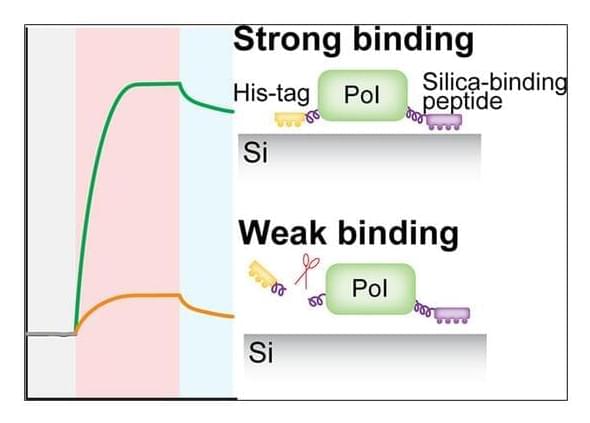
Controllable protein attachment onto solid interfaces is essential for the functionality of proteins with broad applications. Silica-binding peptides (SBPs) have emerged as an important tool enabling convenient binding of proteins onto a silica surface. Surprisingly, we found that removal of polyhistidines, a common tag for protein purification, dramatically decrease the binding affinity of a SBP-tagged nanobody onto a silica surface. We hypothesized that polyhistidines and SBPs can be combined to enhance affinity. Through a series of purposely designed SBPs, we identified that the relative orientation of amino acids is a key factor affecting the surface binding strength. One re-engineered SBP, SBP4, exhibits a 4000-fold improvement compared to the original sequence.